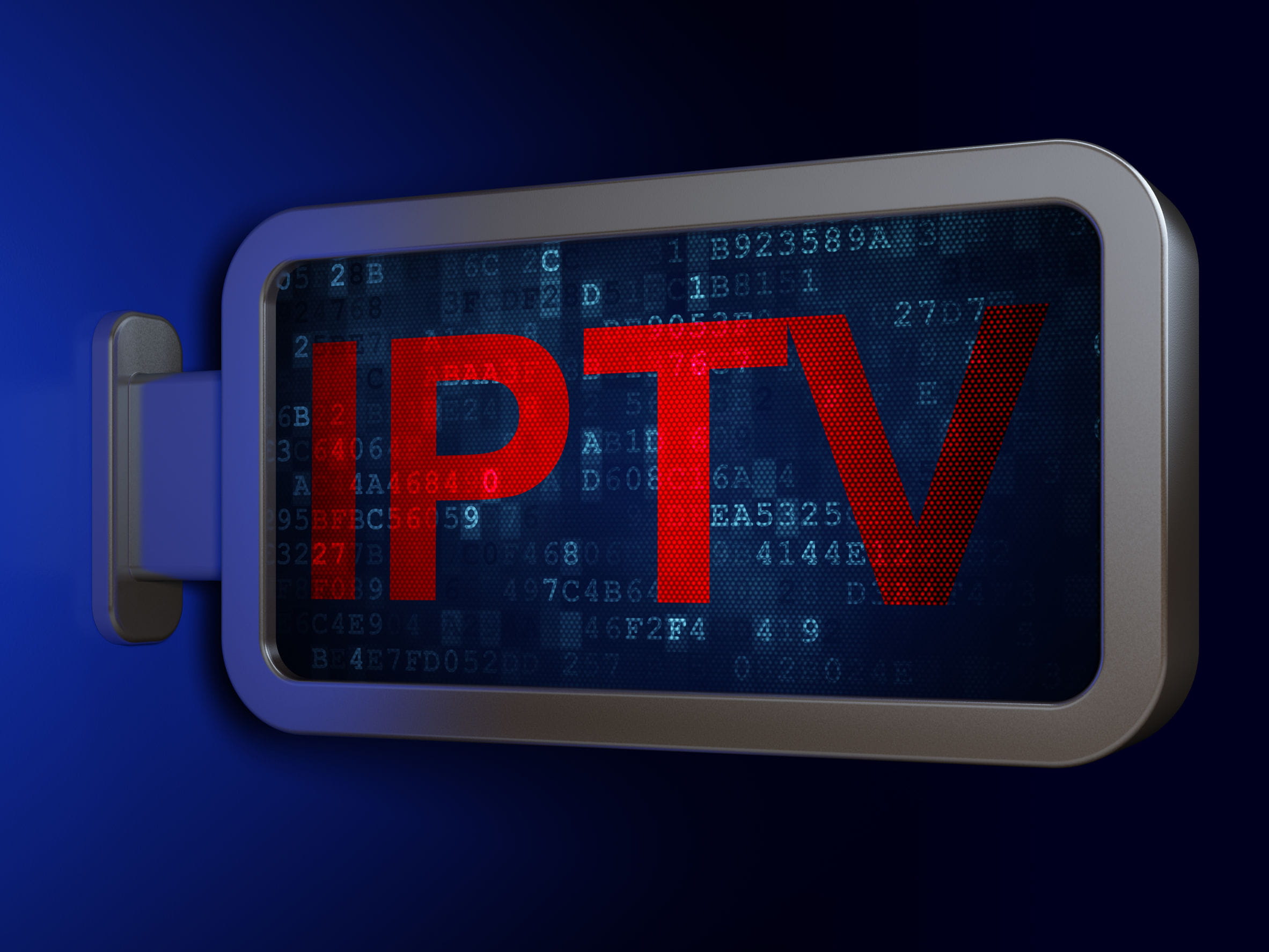In recent years, our television consumption has undergone a major transformation, and at the forefront of this change is Internet Protocol Television, generally known as IPTV. As opposed to traditional cable or satellite TV, IPTV delivers content using internet connectivity, allowing viewers to access a vast library of shows, movies, and live broadcasts at their own pace. This shift not only boosts viewer experience but also creates a world of options with on-demand content, interactive features, and personalized viewing options.
The emergence of IPTV is more than just a trend; it signifies a fundamental rethinking of what television can be in the current digital age. As consumers increasingly seek freedom and control over their viewing habits, IPTV comes forth as a compelling alternative that caters to these current demands. With the ability to watch from multiple devices, pause and rewind live TV, and explore specialized content, IPTV is set to redefine our television experience for years to come.
What is IPTV?
Internet Protocol Television stands for a method of delivering television content over the internet, a method that delivers video content through the internet rather than standard broadcasting methods. It lets users to stream live television and video on demand over the online, transforming the way we watch media. With the rise of broadband internet, IPTV has become an popular option for millions of audiences worldwide.
This modern system works by breaking down video content into packets of data and delivering them over the internet. Unlike conventional broadcasts, which depend on airwaves or cable infrastructure, this system utilizes protocols to deliver data to a set-top box or smart TV. This method allows users to view content in actual time or watch it anytime, providing a more adaptable and personalized viewing experience.
As this technology continues to develop, it offers features such as interactive interfaces, catch-up TV, and the ability to stop or replay live broadcasts. This interactivity, coupled with a extensive library of content, signifies a shift from regular television. As viewers seek more freedom and flexibility in their viewing habits, IPTV stands out as a promising solution for the future of television.
Benefits of IPTV
One of the primary benefits of IPTV is the convenience and adaptability it provides for viewers. Unlike cable television that is restricted by broadcast schedules, IPTV permits users to watch their favorite shows and movies whenever they want. This means that audiences can enjoy content at their own pace and schedule, creating a personalized viewing experience. With a variety of devices available, such as smart TVs, portable devices, and smartphones, viewers can access their chosen content anywhere.
Another significant advantage of IPTV is the vast array of channels and content options available. IPTV services often offer numerous channels, including international programming, unique content, and on-demand libraries that go beyond traditional cable offerings. premiumiptvpro enables viewers to explore multiple genres, cultures, and interests, appealing to a broader audience. Additionally, IPTV can sometimes include unique content that is unavailable through traditional providers, enhancing the entertainment options for subscribers.
Cost-effectiveness is also a significant benefit of IPTV. Many users consider that IPTV subscriptions are more affordable than legacy cable packages, which often come with various fees and hidden costs. By removing these extra charges and presenting a straightforward pricing model, IPTV can assist in saving viewers money while still delivering a top-notch viewing experience. This cost-effective approach resonates with consumers who are more and more seeking worth in their selection of entertainment.
The Future of IPTV

As advancements in technology persist, IPTV is on the brink of transforming how we engage with television content. Due to the emergence of high-speed internet and smart devices, viewers are progressively seeking flexibility and convenience in their viewing habits. This demand is met by IPTV, which offering on-demand content and the ability to watch shows and movies across multiple devices, making it an attractive alternative to traditional cable and satellite services. As the trend of viewers favoring streaming options, IPTV stands to capture a significant share of the market.
The future of IPTV also hinges on the development of interactive features and enhanced viewer engagement. Immersive experiences are growing a norm, with live sports, interactive storytelling, and social sharing capabilities witnessing increased popularity. This interactivity not only keeps viewers engaged but also allows for tailored content recommendations based on personal preferences. As IPTV services continue to innovate and improve user experiences, they will likely draw in a growing audience that prioritizes personalization in their television consumption.
In addition, the expansion of 5G technology will undoubtedly play a pivotal role in the future of IPTV. With increased bandwidth and lower latency, users can experience high-definition streaming without interruptions. This technological advancement will enhance accessibility and broaden the reach of IPTV services, enabling more households to switch from traditional broadcasting. As these developments continue to IPTV will solidify its position as the future of television, defining how we interact with our favorite shows and movies.
